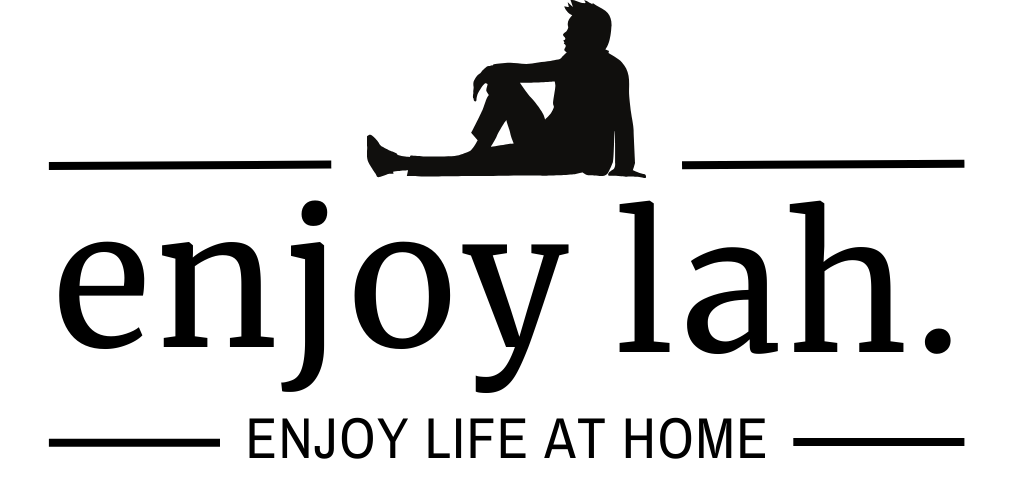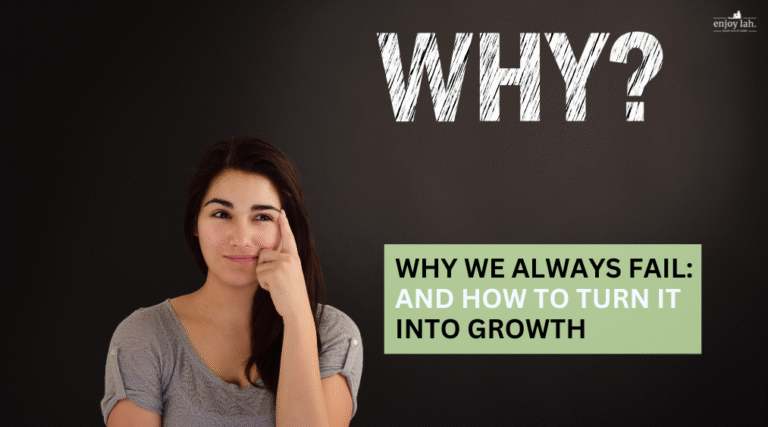Introduction – A Silent Workplace Rebellion?
Quiet quitting is happening, and it’s trending.
While some can term it a silent workplace rebellion or protest, I feel it is more like a rejection of traditional workplace culture. The fascinating thing about quiet quitting is not literally meaning handing in a resignation or storming out of the workplace. Rather, it’s about just doing enough, or some will call it, drawing the lines.
The idea has become a buzzword in recent years and is being trended on social media.
It’s kind of strange to even ask, isn’t that about right that people are doing enough?
Let’s discuss.
What Is Quiet Quitting?
Quiet quitting explained: It is when employees decide to fulfil their formal responsibilities, but stop short of going beyond that.
In layman’s terms, or in our army language, “mai xiao on!” (For the Singaporean boys, you will understand this!) It’s so weird that we are kind of inheriting the army culture of yesterday in the modern workplace now.
In quiet quitting, they will still show up, complete their tasks, and meet expectations. What they don’t do is unpaid overtime, volunteering for extra projects, or saying “yes” to every request.
The term gained traction on TikTok and quickly spread into mainstream workplace discussions. Quiet quitting does not mean quitting your job. It means just doing enough. Yes, within the boundaries.
Why Does Quiet Quitting Happen?
Clearly, there are legit reasons behind why quiet quitting is resonating with some people. My thought is, it’s not really about laziness; rather, it’s more about protection.

Here are some possible reasons that could explain why quiet quitting is catching on:
- Burnout and stress: I think there is a growing awareness in Mental Wellbeing. Personally, this is good as one can try to strike a balance between work and preventing burnout.
- Lack of recognition: Many feel that extra effort rarely leads to promotions, better pay, or even acknowledgment. This is a real challenge. Of course, we can acknowledge that we need to be the fittest in the jungle to move up. But the question is, how big is the jungle?
- Generational shifts: Gen Z has openly rejected in-house hustle culture. I call them in-house because there is an emerging trend to do 5-9 hustle after 9-5 work hours. Millennials and Gen X are also increasingly valuing balance over grind. I guess, if you want to hustle, you would rather work for yourself. Agree?
- Post-pandemic reset: COVID-19 has blurred the lines and boundaries when we work from home, and post-pandemic, priorities are bound to change. Health, family, and personal time are now non-negotiables for many.
Quiet quitting is like proclaiming: I’ll work, but I won’t give everything away for free.
The Impact of Quiet Quitting
The rise of quiet quitting has a profound impact. It affects people, workplaces, and society.
- For individuals: It can provide balance and reduce stress. But if taken too far, it may stall career growth or reduce motivation. For instance, just by drawing the lines, you may not go the extra miles to innovate or create. This can affect personal growth, which can directly impact career progression.
- For workplaces: It will be a huge issue in the workplace. It highlights deeper problems like a lack of recognition, engagement, limited support, and unhealthy cultures. If left unaddressed, disengagement spreads, and it will lead to an impact on business productivity and innovation. Smaller companies are especially vulnerable.
- For society: It signals a broader shift from “live to work” toward “work to live,” challenging long-standing norms about ambition and success. And coupled with macro-economic challenges like technological disruption and economic uncertainty, this can cause a profound impact on society.
Thus, we need to acknowledge this issue of quiet quitting collectively and find ways to improve our work culture.
How Can We Respond to Quiet Quitting?
The conversation about quiet quitting should not stop at complaint. Because it seems like a lose-lose situation for everyone, the individuals, the companies, and the society.
We should collectively try to empower change.
For individuals:
- Be clear about what you value, what you want and where your boundaries lie.
- Always be aware of mental wellbeing, and learn to take breaks
- Always pursue growth opportunities, keep learning, but not at the expense of health.
For workplaces:

- Step up employee engagement, recognize effort fairly, both in pay and appreciation.
- Create flexibility, especially in when and where people work.
- Prioritize employee’s growth, focus on meaningful roles, not just more work.
For society:
- Hopefully, society as whole, we should motivate and encourage individuals on the values of innovation, creativity and lifelong learning, and together with policies support and influence, we could build a fair workplace culture that also prioritize mental wellness.
What is clear, quiet quitting is not the enemy. Ignoring it is.
Final Thoughts – A Message in Silence
Quiet quitting is not about laziness or lack of discipline. Rather, it’s feels like a shift in personal motivation. The silence of quiet quitting actually carries a message that workers want to be respected, valued, and still earn a healthy lifestyle.
And if workplaces do not listen, more people will choose quiet withdrawal over loud confrontation.








